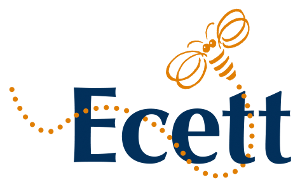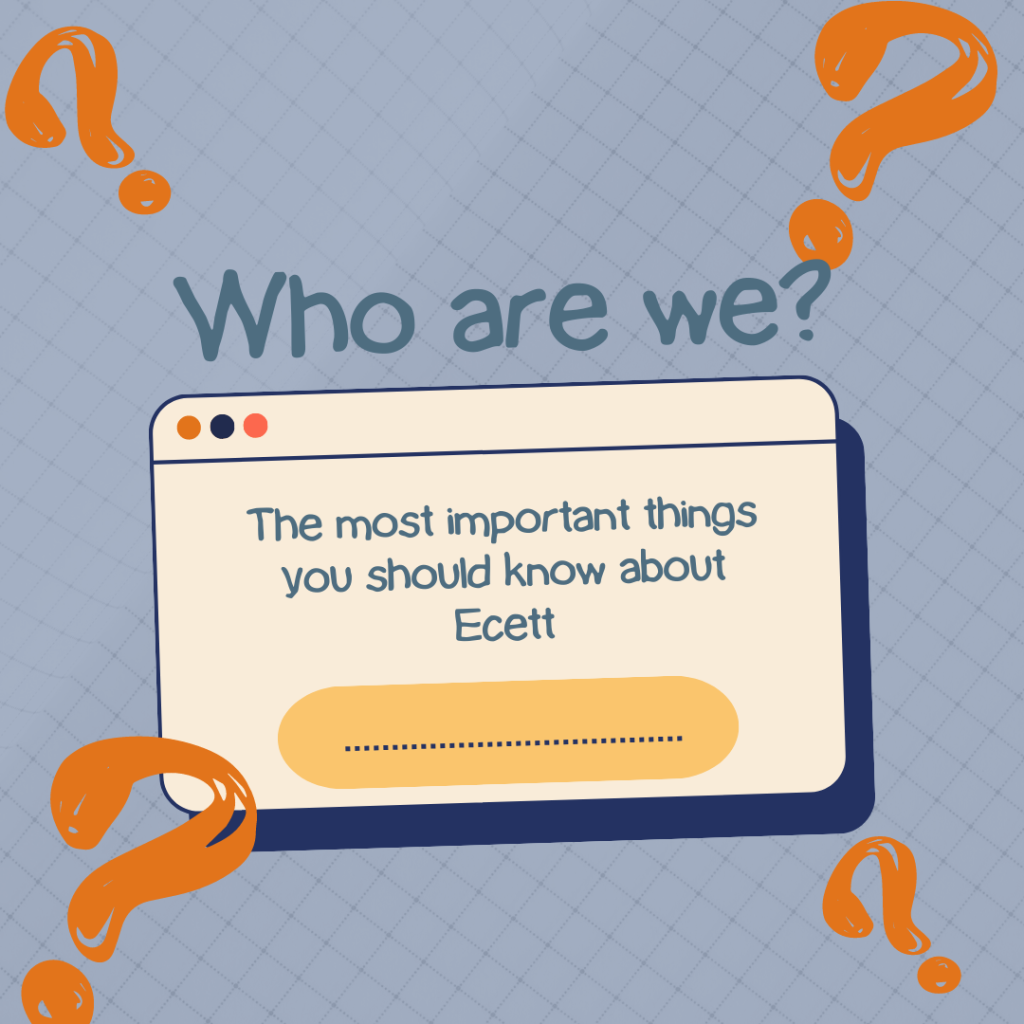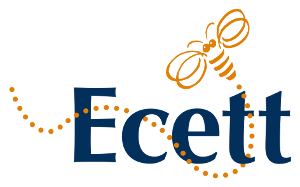The history of the creation and development of Eсett Network is told by the founder of the organization Georges van der Straten
When did the idea of creating Ecett come about?
Having founded several therapeutic communities for addicted people, I was always ready to give 150% of my energy if it was to have therapeutic success with our clients, but success was rare and difficult. This forced me to start benchmarking and to travel in Europe to find out how other colleagues were able to produce success stories with addicted people. This benchmarking has been a great encouragement and inspiration throughout my career. I then had to make my team travel and this required the setting up of a European exchange network.
Why did this idea come about?
In 2001, I collaborated with the Compagnons du Devoir (training network for manual trades ) to help them in the prevention of alcoholism and drug addiction among the apprentices they were training (manual trades). On this occasion, I understood that the “companionship” or “Journeymen” model was a relevant answer to help workers in human centered occupations (e.g. addictions and social exclusion) to face the professional challenges they have to face. I invited the training departments of several national federations of addiction services in Europe to participate in large exchange and training projects subsidized by the European Union. From 2006 to 2013, we developed three big Ecett transnational projects funded by EU “Leonardo da Vinci” (today Erasmus+) and ESF.
What problems did you try to solve by creating this organization?
The aim was to give all staff members of 12 partner organizations the opportunity to meet their peers in Europe in order to exchange practices focused on specific problems. Indeed, drug addiction and social exclusion are multifactorial and extremely complex problems that require multidisciplinary approaches ranging from prevention and street work to vocational rehabilitation, group therapy, family therapy and professional reinsertion. 1,200 trainees traveled with Ecett between 2006 and 2019 and evaluations of the internships revealed that 87% of the trainees learning goals were achieved after 2-5 day trips abroad. Since then, Ecett was awarded six top training awards in Europe (Peer Awards for Excellence 2014).
Who were the first members of the organization?
The European Union funding of three Ecett European projects have brought together training centers, federations of institutions and universities: Proyecto Hombre (Spain), CeisFormazione (Italy), MONAR (Poland), Argo and Kethea (Greece), CoolmineTC (Ireland), CEID (France), Trampoline (Belgium), Phoenix-Futures (Great Britain), Universities of Ghent, Provence, Bologna, High School of Helha.. In total, staff members of hundreds of teams of human professions exchanged their practices through Ecett intrnships.
How many people are in the organization now?
More than 300 organizations have sent and/or hosted Ecett trainees and are part of the Ecett network.
Countries covered by the organization.
Most countries of the EU have been involved in the Ecett network as well as Great Britain, Switzerland, Russia, Nepal and Mauritius.
The most interesting events that Ecett has held recently and is going to hold in the future.
Next to the international internships subsidized by Erasmus+, Ecett has set up in 2022 an Academy based on best practices which organizes online trainings adjusted to the specific needs of professionals in the field of addictions. This academy organizes bi-monthly webinars on addiction-related topics.



